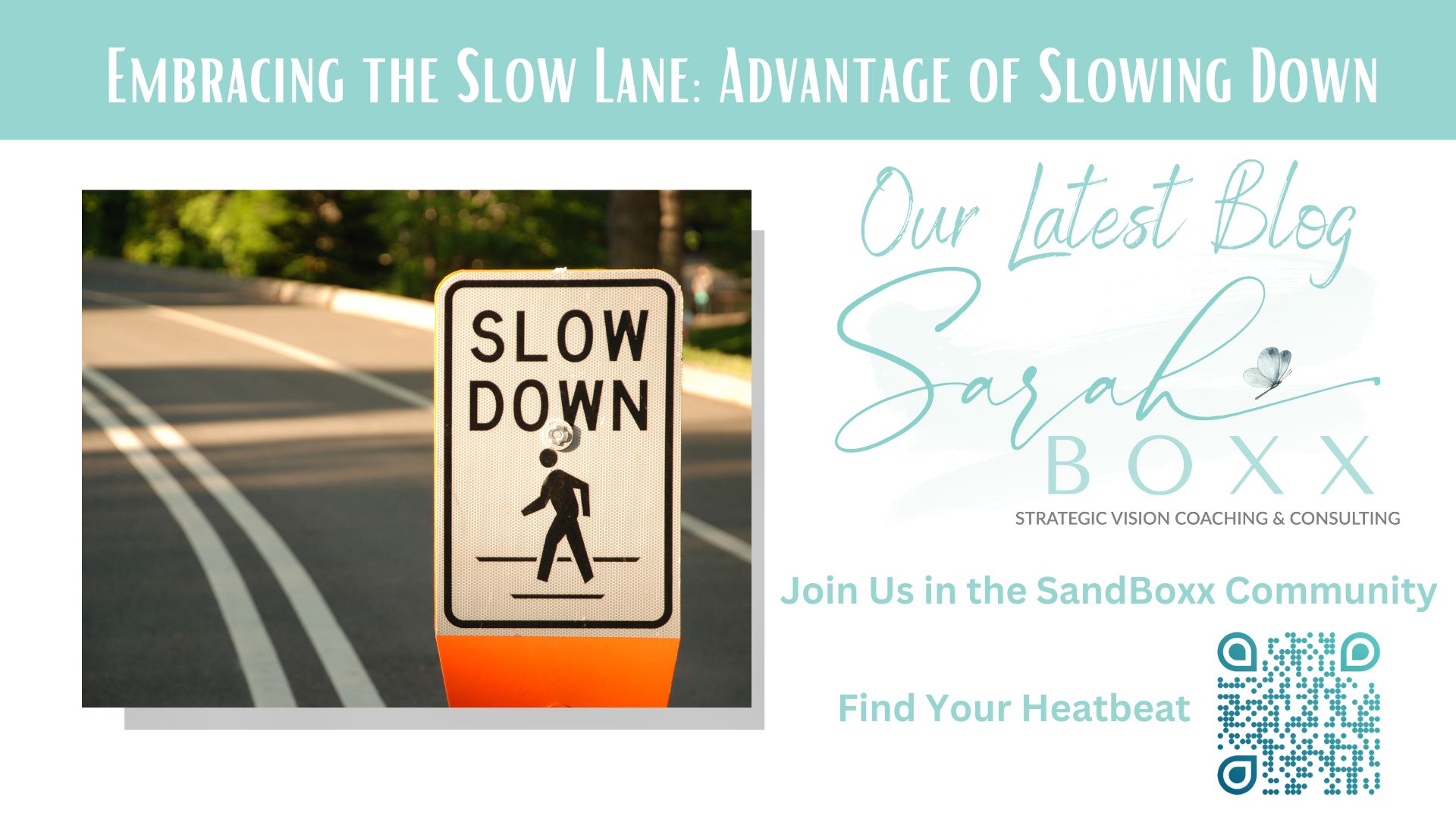Wouldn’t it be wonderful if you possessed all the strengths and skills you needed to be successful in each of the key areas of your life?
Imagine this….your business is thriving, your health has never been better, and you make parenthood look easy, all while getting a recommended 8 hours of blissful sleep each night!
Sounds appealing right?
But as we all know, that just isn’t reality. Nobody is good at everything.
Each individual is a unique combination of strengths and natural abilities paired with weaknesses and areas of growth. Our weaknesses or challenge areas may occasionally cause us to stumble, but they do not have to permanently stand in the way of growth, progress or success.
How we choose to handle and strategically approach our weaknesses will determine the level of success we are capable of reaching.
It all begins with identifying your blind spots.
Just as it’s important to know your personal strengths, knowledge of your weaknesses will lead to greater effectiveness in all areas of your life. If you don’t know your weaknesses or bad habits, you will do them inadvertently.
A lack of knowledge of your blind spots will make you less effective at work, will cause issues in relationships with family and friends, and can hinder your pursuit of personal goals.
There are plenty of assessment tools available that provide a platform for identifying your personal strengths and challenges areas. Tools such as the Clifton Strengths test or the Enneagram assessment, provide an in-depth look into your personal skillset and areas of growth.
To learn more about these and other personal assessment tools, check out my blog post Assessments For Your Personal Growth.
Once you are able to clearly articulate your challenge areas, it’s time to strategically plan for handling your weaknesses. For example, if you identify that time management is a consistent struggle of yours, impacting the functionality of your work and family life, you may consider using tools such as setting alarms on your phone to help you manage your time as you move throughout the day.
The best practice for handling your specific weaknesses may depend on both the situation at hand and your personality. However, here are a few key strategies you may find helpful in addressing your blind spots:
Strategies For Handling Weaknesses:
- Turn Your Weaknesses Into Strengths
You don’t have to be “great” at everything, but with some effort and dedication, you can work to be proficient at most things. Make a conscious effort to strengthen your weak areas. This can be done through habit building, research and learning, or mentorship.Ex: If you’ve set a goal to improve your physical health but consistent exercise has never been your strong suit, consider working with a personal trainer. The mentorship you’ll receive and the accountability of having a scheduled appointment will likely strengthen your dedication to consistent exercise. - Utilize Tools & Resources
The number of resources and tools available today that help us compensate for our weaker areas is truly innumerable. Once you’ve identified your weak spots, consider investing in the tools you need to be successful.Ex: If you struggle with staying motivated in your work, consider taking advantage of the countless podcasts available designed to encourage and support you as you tackle your goals.
- Delegate To Others
If you don’t need to do it, don’t do it. Too often we try to wear too many hats. If you have the resources and ability to delegate certain tasks to other individuals with the skillset you are looking for, you will be able to dedicate your time and energy to matters requiring your unique strengths and skillset.Ex: If you are not a handyman and can afford to hire a plumber to fix your leaky sink, you will save time (and probably money) hiring a professional to take this item off your “to-do” list.
Identifying and accommodating weaknesses is just one of many key practices shared by successful individuals and organizations alike.
If you are ready to learn more about success practices, strategies and tools, you don’t want to miss my Assess For Success Virtual Summit.
Mark your calendars for March 4-6 and click HERE to save your spot!
Article was contributed by: Maria Lees, Team Writer with Sarah Boxx


